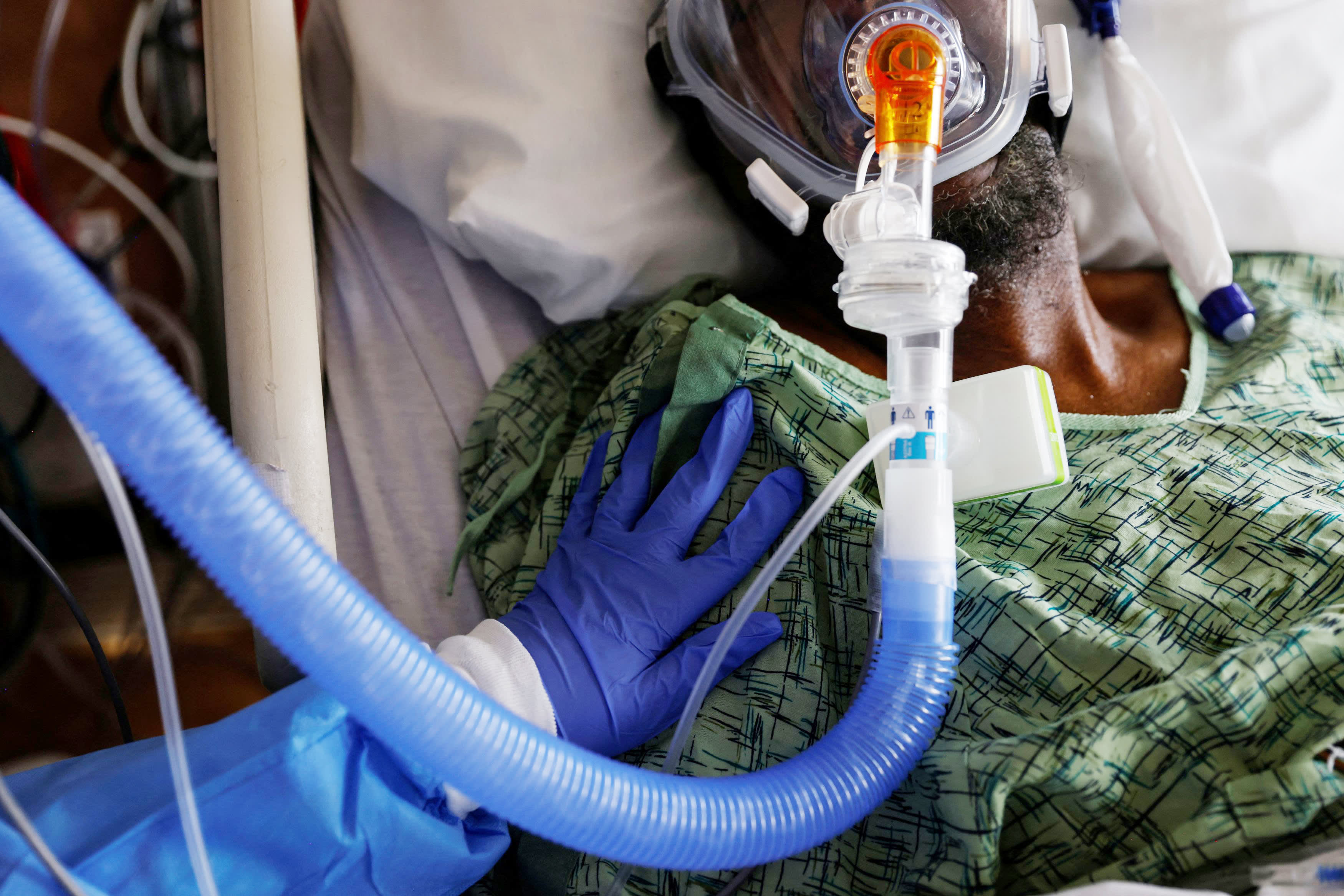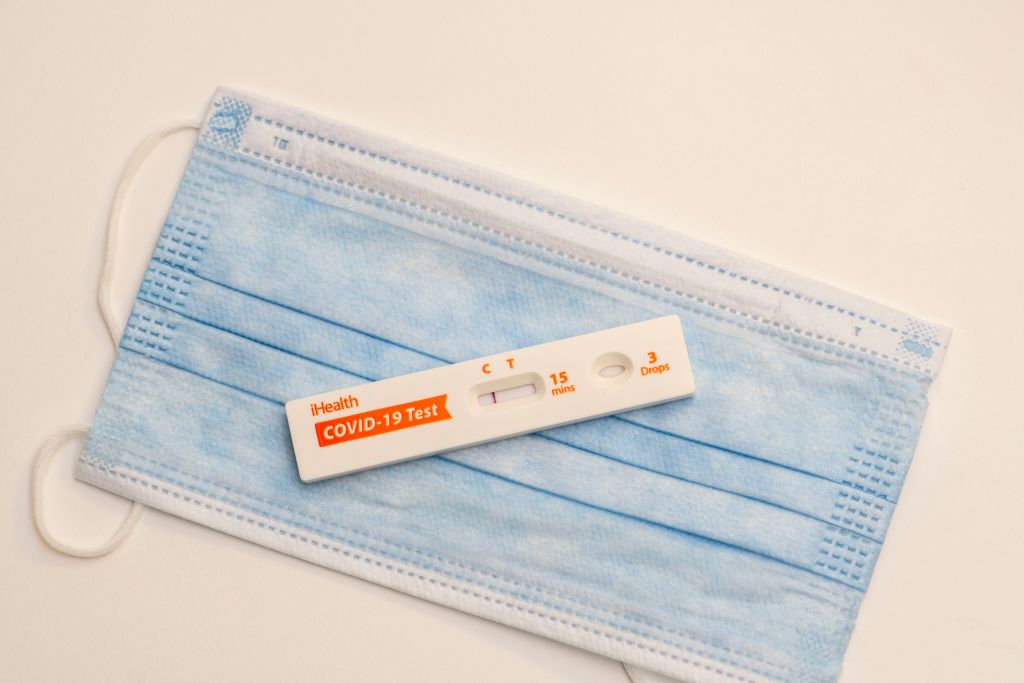Just because you had an omicron variant of COVID-19 in the last few months doesn't mean you won't get infected with the newly dominant BA.5 subvariant, according to a new study of what's been called the "worst version" of omicron yet.
The pre-print study led by doctors affiliated with Weill Cornell Medicine in Qatar and New York has not yet been peer-reviewed or acceptable for publication. It was published online Tuesday.
Infection with an older strain of COVID, pre-dating the omicron variant, was less than 30% effective at stopping reinfection with BA.5 or the similar BA.4, the authors found.
But even omicron infection with earlier subvariants like BA.1 or BA.2 wasn't perfect at stopping BA.5. The study found that a previous omicron case was just under 80% effective at preventing a BA.5 reinfection.
Get Tri-state area news and weather forecasts to your inbox. Sign up for NBC New York newsletters.
"Protection of a previous infection against BA.4/BA.5 was lower than that against BA.1/BA.2, consistent with BA.4/BA.5’s greater capacity for immune-system evasion than that of BA.1/BA.2," the authors noted.
BA.5 Reinfection
The intensely contagious COVID variant dubbed by some to be the "worst version" of omicron yet, one that experts say appears to be fueling higher reinfection rates, is now overwhelmingly the dominant strain in the CDC's New York region.
Subvariant BA.5, which accounted for more than 40% of all New York state positive COVID samples sequenced for variants in the state's latest two-week data set, has dominated U.S. cases for the past two weeks at least, but last Tuesday marked the first time the CDC estimated it accounted for an estimated two-thirds of infections in the greater New York area.
As a descendant of omicron, BA.5 already falls into the CDC's "variant of concern" category -- and with mounting, evidence-based reason. This subvariant is "substantially" more vaccine-resistant (4.2 times) than its previously more vaccine-evasive predecessor (1.8 times), according to a recent Columbia University study.
Experts have already said BA.5 is associated with a higher risk of COVID reinfection from other strains -- and the latest breakthrough infection and hospitalization rate data out of New York state suggests that may be true regardless of vaccination or booster status.



